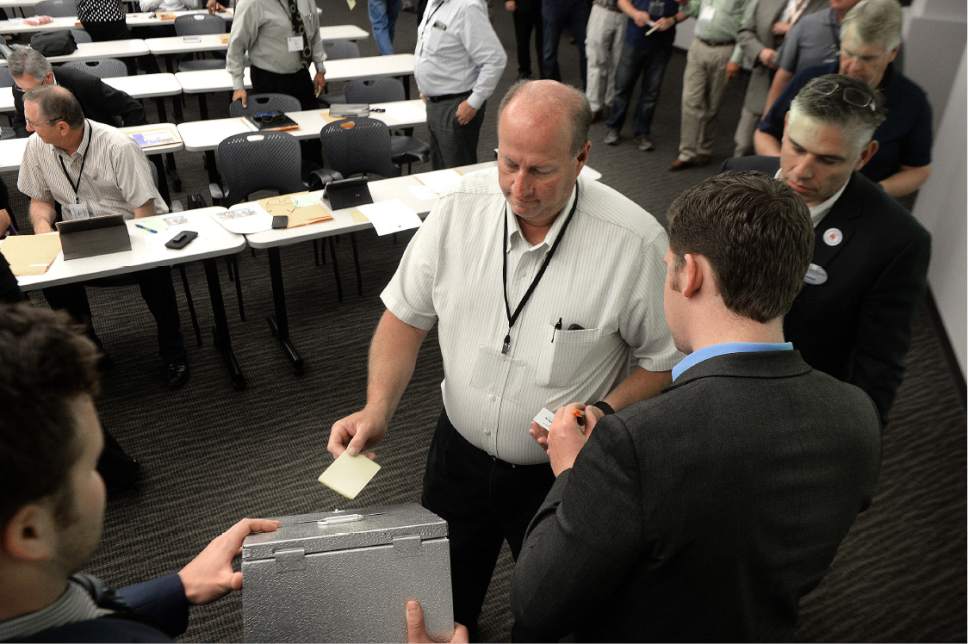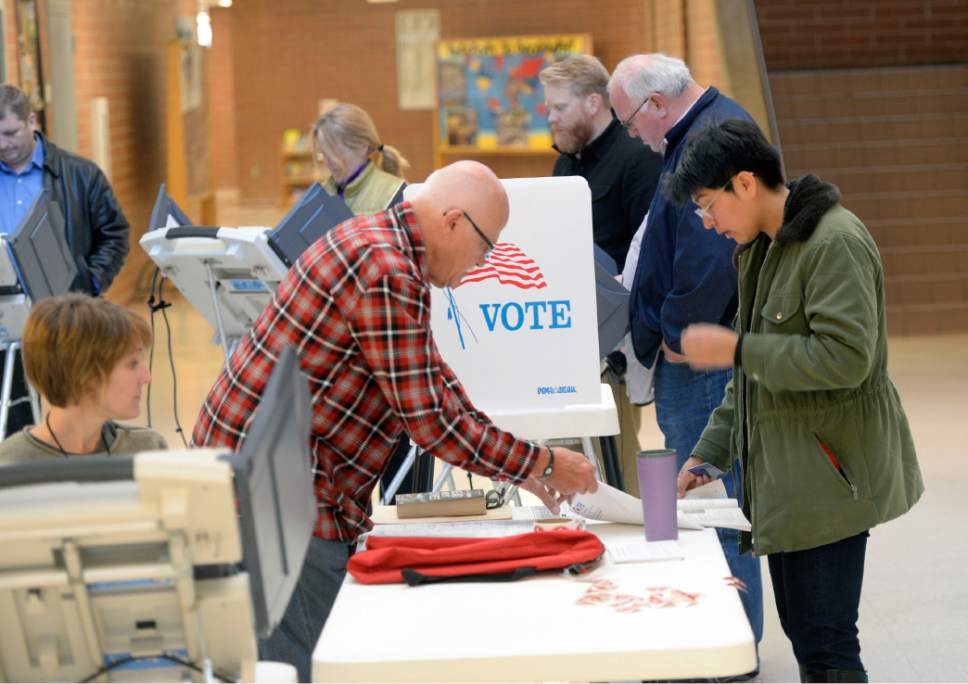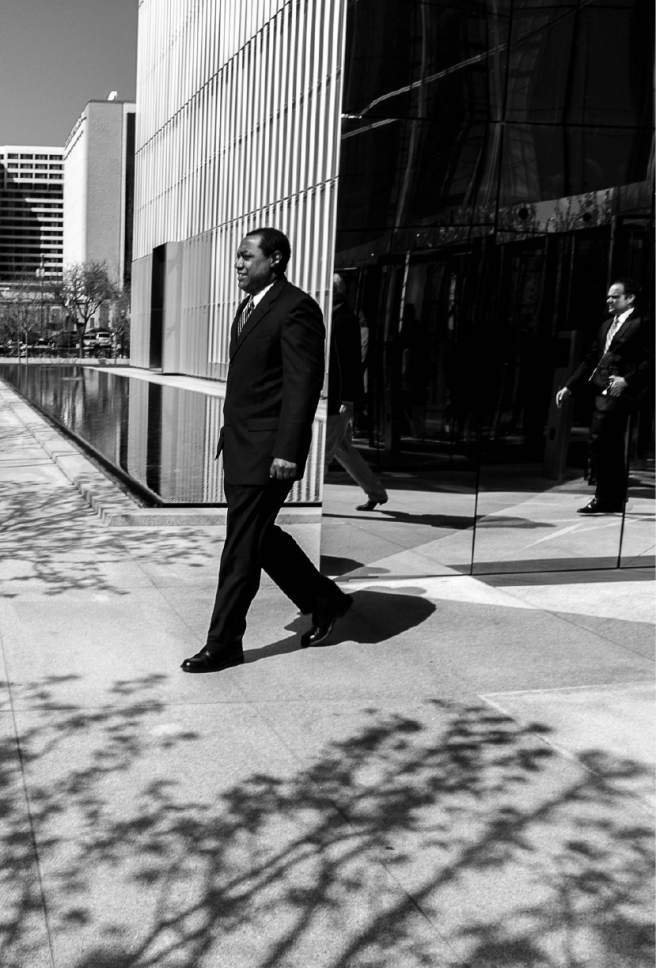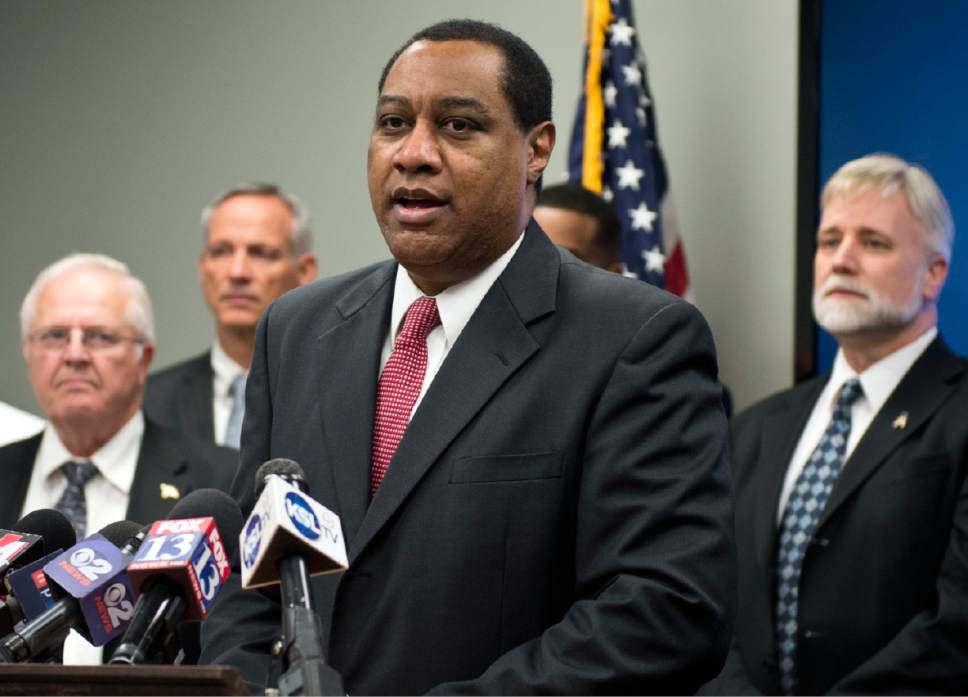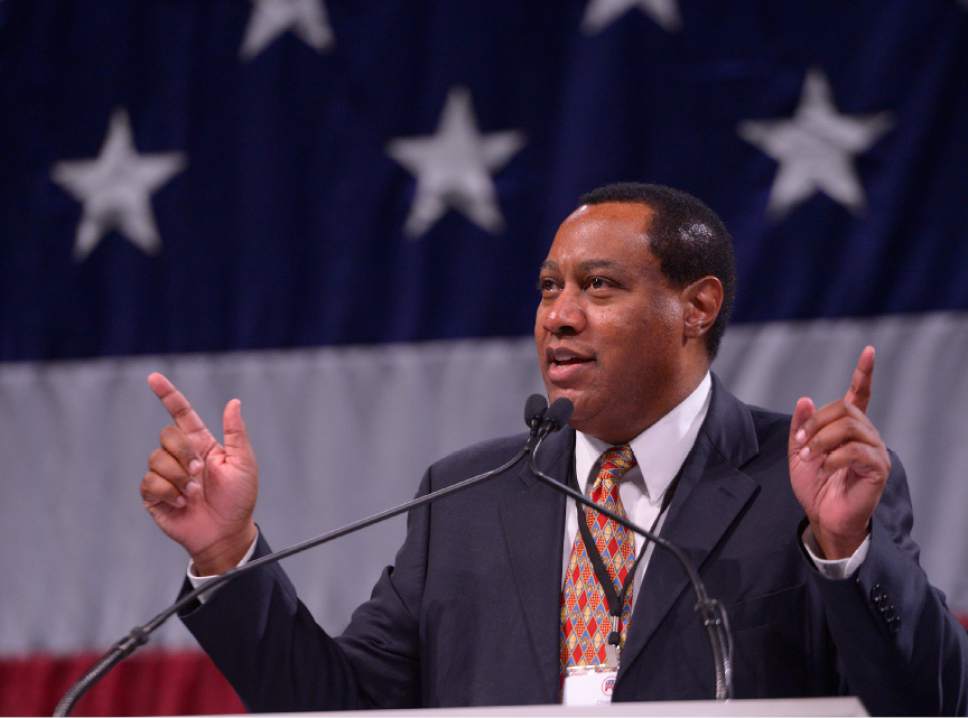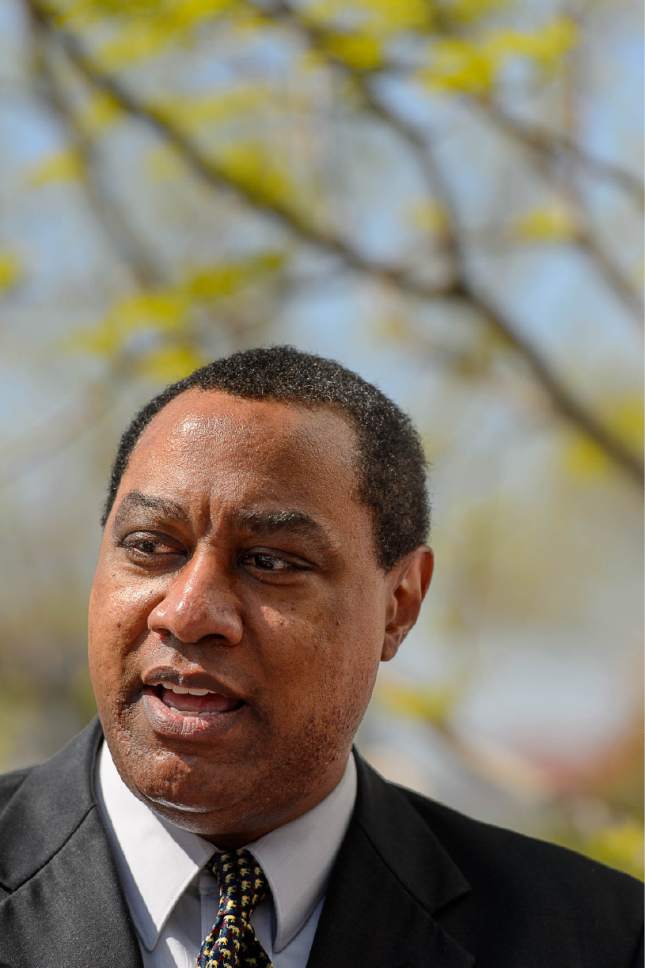This is an archived article that was published on sltrib.com in 2017, and information in the article may be outdated. It is provided only for personal research purposes and may not be reprinted.
The Utah Republican Party decided Saturday to stop its legal challenges to a new law, called SB54, that changed how candidates qualify for the ballot.
State Party Chairman James Evans announced the decision by the party's central committee in a press release, but said the party will still seek "to minimize the impact of SB54."
Official Statement - UTGOP State Central Committee Votes to End Federal Appeal of S.B. 54 @utgop_james #utpol pic.twitter.com/4YlZDeej1F
— UtahGOP (@UtahGOP) February 5, 2017
That law was a compromise crafted to stop the Count My Vote ballot initiative, which sought to replace the traditional caucus-convention system with a direct primary.
The law instead created a hybrid in which candidates could still qualify through the caucus-convention system, or by collecting enough signatures, or both. Since the law took effect, Gov. Gary Herbert and Sen. Mike Lee have been among those who used signatures to qualify for the ballot.
The central committee vote comes after the Utah Senate this week advanced a bill to the House, SB114, addressing one of the party's concerns about SB54: it could allow a large field of primary candidates, meaning someone could win with a small plurality.
SB114 would force a runoff election if more than four candidates appear in a primary, and no one wins at least 35 percent of the vote.
The party last year promised to halt its appeals of lower court decisions against it if the Legislature passes such a bill, and had held off waiting to see if a "plurality" bill would be written and pushed.
The GOP had sued unsuccessfully contending that political parties should be able to control how their nominees are chosen — and it preferred using only the traditional caucus convention system to narrow the field or choose nominees.
Evans said last year that a major reason the party had not pushed to appeal its court losses was because of the results of the 2016 primary. All the legislative candidates who qualified for the ballot only because they used the new option of collecting signatures were defeated by people who went through the caucus-convention system.
"That told us that people are showing preference for people who go through the convention system," and that the party still has a powerful role, Evans said. "The caucus-convention system produces better candidates because they are more thoroughly vetted."
Another bill now is also moving in the Legislature that could diminish the new signature-collecting option in SB54.
HB22, a bill originally designed to more tightly regulate signature gathering, was amended in committee on Friday to outlaw paid signature gathering — a method many candidates use because of the high numbers required to make the ballot.
Herbert Lee, among others, hired professional petition-passing companies to secure about 28,000 signatures to get on the ballot for statewide candidates.
Critics claim some paid signature gatherers falsely said they were working for other candidates or issues, and tricked people into signing for candidates they did not support.
Rep. Merrill Nelson, R-Grantsville, warned Friday that banning paid signature gatherers could essentially eliminate the option of gathering signatures to qualify for the ballot instead of going through the convention-caucus system.
But Rep. Rebecca Chavez-Houck, D-Salt Lake City, said she managed to gather enough signatures with volunteers in just one week — so it is possible, although her district is relatively compact.
Spencer Stokes, a founder of the signature-gathering firm Gather, said the bill appears to him to be a clear attempt to thwart SB54.
"It's an attempt to not allow the public access directly to the ballot," Stokes said of the bill. "It really kind of goes against freedom of speech."
ldavidson@sltrib.com


